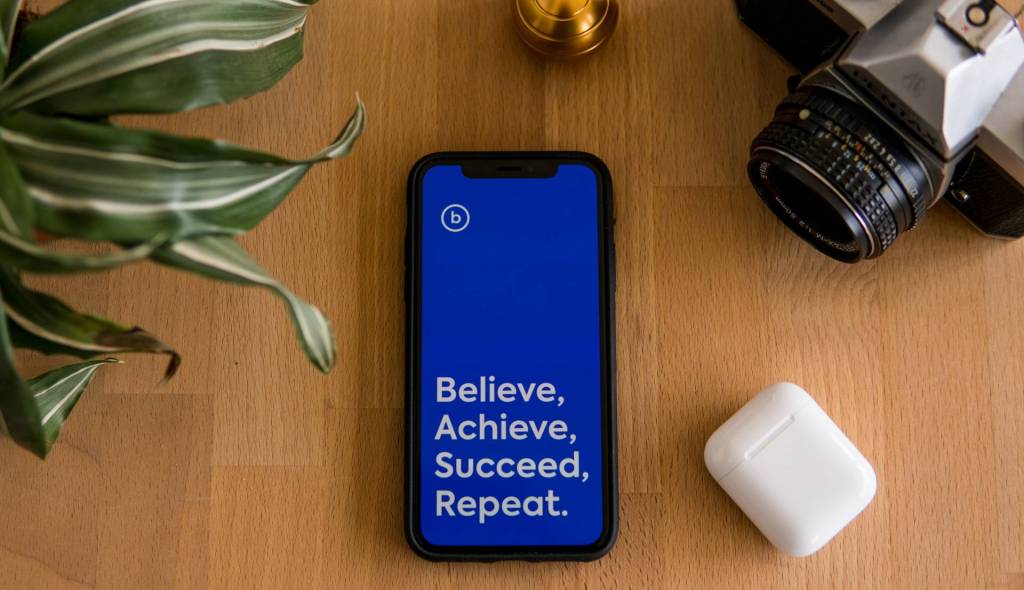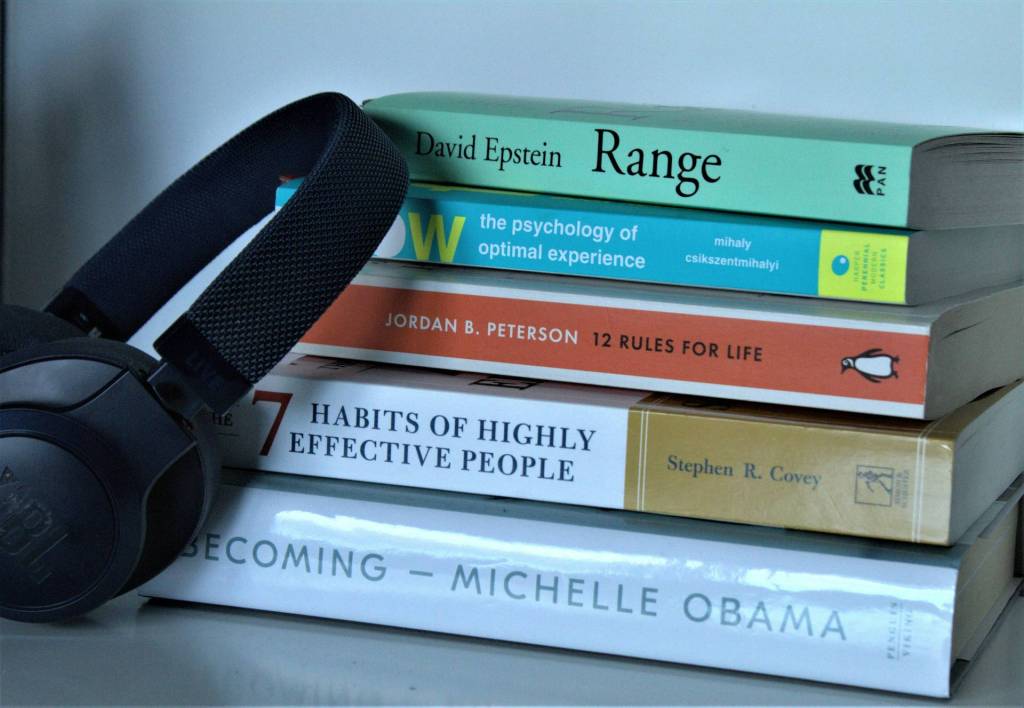There is only one person with whom we communicate 24 hours a day, 7 days a week, 52 weeks a year, every year of our life. Ourselves.
Mastering communication with ourselves determines our quality of life as it determines our ability to experience life as we would like.
Few people truly understand that how we experience life is a choice, and that we are not at the affect of what happens to us.
It took me 38 years to come to grips with this concept and to truly understand it to a level where it could change my life.
Our self-communication drives three primary and vital aspects of our mindset:
- Emotions
- Self-Confidence
- Self-Esteem
Human beings are emotional creatures.
Emotions drive our decisions and behaviors.
Therefore if we can master our emotions we can master our decisions and behaviors that drive our level of success.
To do so we must first master our self-communication, which is how we talk to ourselves in our own mind.
What is your internal dialogue like?
Is it positive?
Do you continually reinforce the positive things you do and your successes telling yourself you are a good person with talents the world reaps value from?
Or, do you deflect those successes telling yourself you were lucky or you had a lot of help or focuses only on things you did wrong and need to improve, regardless of how successful the situation turned out?
If it’s the former, you have high levels of self-confidence and self-esteem, which builds with the positive self-talk.
If it’s the latter, you have low levels of self-confidence and self-esteem, which, too, builds with the negative self-talk.
Either way, its always your choice, driven by what we choose to focus on.
The most powerful lesson I’ve ever learned in my life was during a weekend seminar with Anthony Robbins in 1998. It began my personal and professional transformation.
It was a simple statement that packed a powerful punch for me, Robbins said, “no experience in life has any meaning except the meaning you choose to give to it.”
In that moment, I was given the power to choose.
Then, I was taught powerful self-communication strategies to build new habits of communicating with myself.
These were put to the test early after my decision to become self-employed in 2002.
A few months after the 9/11 terrorist attacks on the United States, living and working just 65 miles north of ground zero, launching a business was challenging, at best.
Prospective client meeting after prospective client meeting generated few coaching and consulting clients.
My wife, trying to console my disappointment would remind me that times were tough for businesses during the post 9/11 economy, and I should adjust my expectations.
Doing so would have drastically impacted my self-communication, which was driving my motivation and ability to build my business.
My wife placed a meaning on my lack of early success on the perceived economic realities of the post 9/11 environment.
I placed the meaning on my lack of early success on my marketing and sales approach. This caused me to focus on working harder and learning better ways to articulate my value to the business leaders I would interact with.
It was my self-communication, my internal dialogue and self-talk that allowed me to build a successful coaching and consulting business over the last 12 years through two serious economic downturns.
There are specific self-communication strategies I practice regularly that have helped me that I’ll be sharing over the next few weeks in this space.
Stay tuned.












